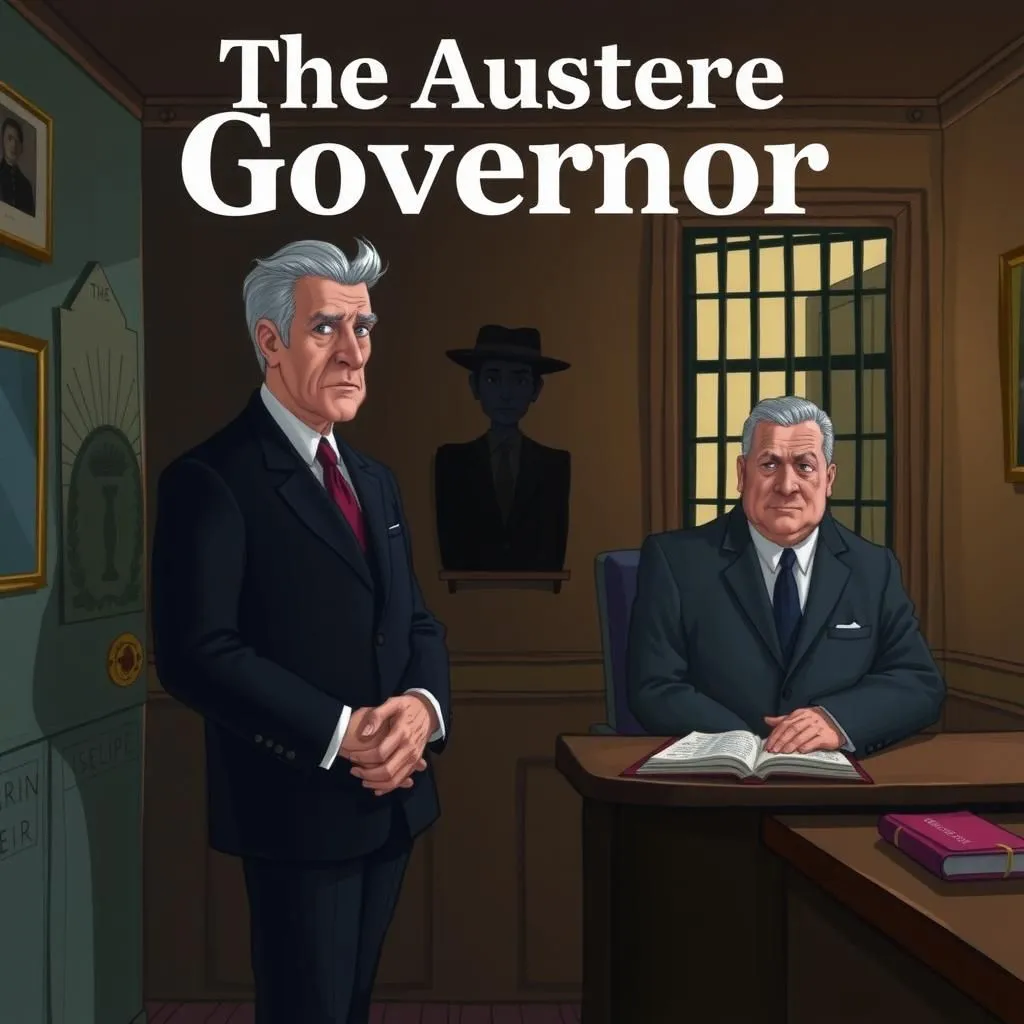
Three of a Kind
In "Three of a Kind," an inspirational story with a moral, a lawyer driven by a sense of justice defends a burglar who openly admits to having two accomplices—one for protection during the crime and another for legal defense. The lawyer, impressed by the burglar's honesty, ultimately decides to withdraw from the case upon discovering his client's lack of financial means, highlighting themes of integrity and moral choice in this culturally significant tale.


